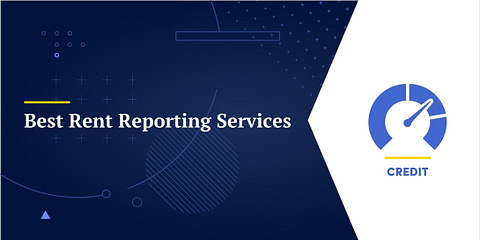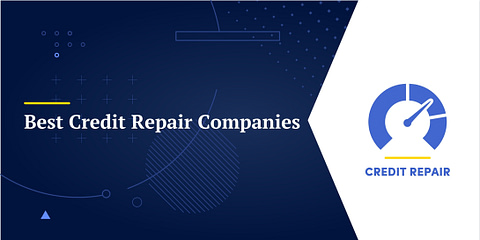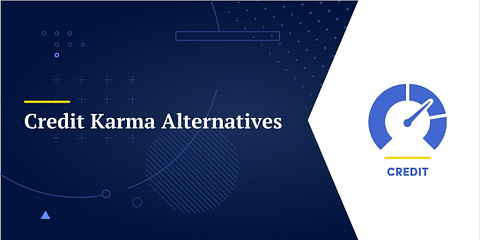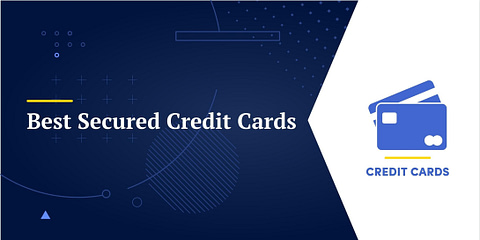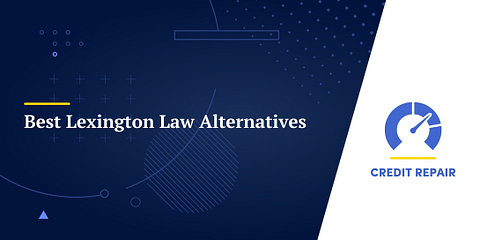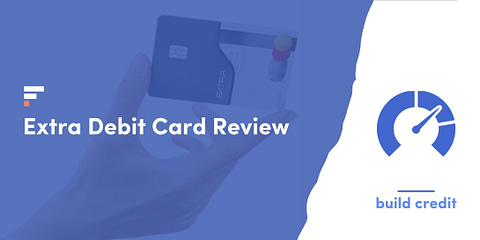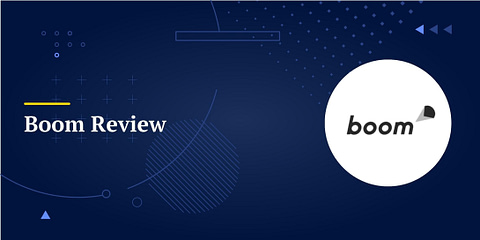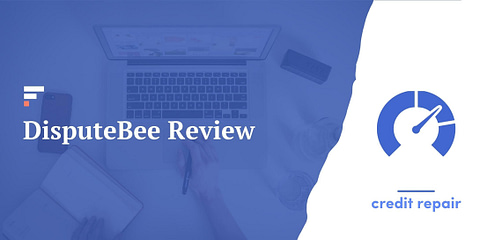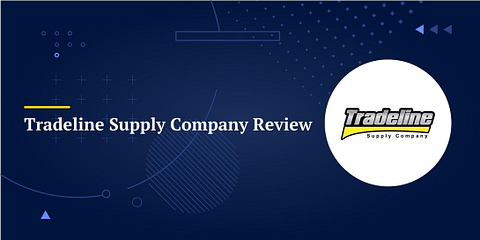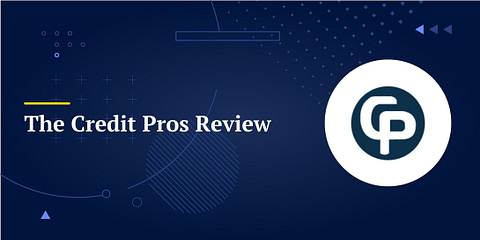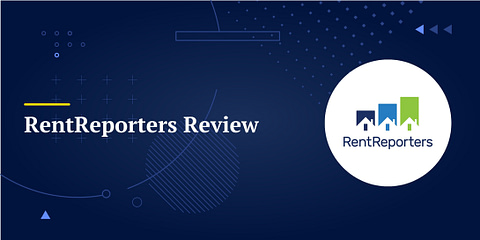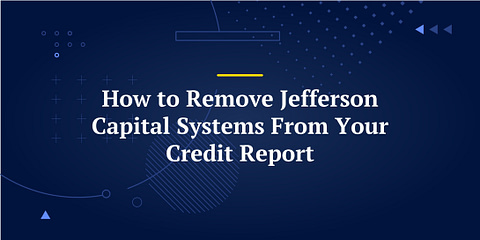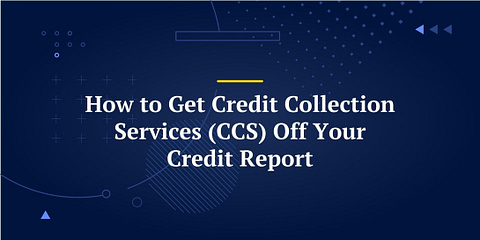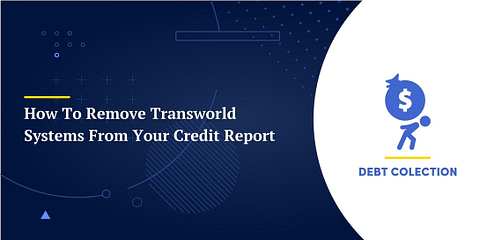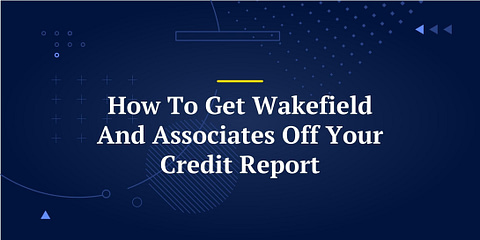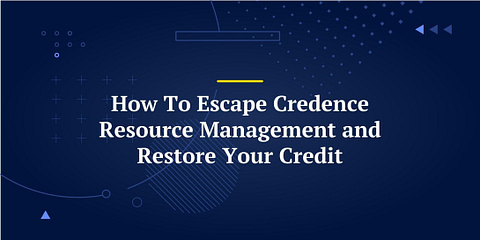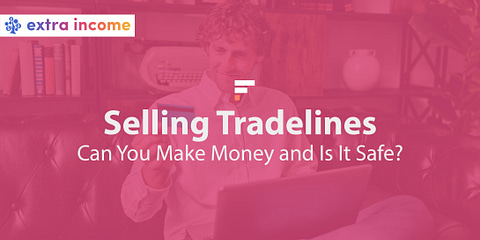In my early college days, I visited the bank on campus to apply for my first credit card. Naturally, I wanted the one with lots of rewards. I didn’t even know that I was supposed to stop and ask: “What credit score do I need for this?”
The bank rep who helped me with my application was a good sport about it. Not only did he redirect me to a more appropriate starter card, but he also took the time to explain what none of my classes had yet: the American credit system.
He compared it to a game you’d play at an arcade. To get the prizes behind the counter, you need to reach the requisite number of tickets. To get the credit accounts you want, you need to have the required credit scores.
These are the credit scores you’ll need for some common financial transactions. Keep in mind that they’re approximations, since lenders may assess creditworthiness in slightly different ways.
⚠️ Required Reading If you’re not comfortable with credit score ranges yet, read this guide before continuing: Credit Score Ranges: What They Mean and Why They Matter
📚 In this post:
- What Credit Score Do I Need to Buy a House?
- What Credit Score Do I Need to Rent an Apartment?
- What Credit Score Do I Need to Buy a Car?
- What Credit Score Do I Need to Lease a Car?
- What Credit Score Do I Need to Get a Personal Loan?
- What Credit Score Do I Need to Get a Private Student Loan?
- What Credit Score Do I Need to Get a Basic Credit Card?
- What Credit Score Do I Need to Get a Balance Transfer Credit Card?
- What Credit Score Do I Need to Get a Rewards-Focused Credit Card?
🏡 What Credit Score Do I Need to Buy a House?
| Minimum to Qualify | To Get Average Terms | To Get the Best Terms |
|---|---|---|
| 500 | 680 | 780 |
Technically, you don’t need a credit score to buy a house. If you have the cash to purchase your home without a loan, your score becomes irrelevant. Saving up enough cash to buy a house might seem impossible, but as recently as 2014, roughly 33% of home sales were all cash[1].
📘 If you’re looking for new ways to save money for a big purchase, take a look at our favorite tips: Saving Money 101: The Road to Financial Independence
That said, the vast majority of people will use a mortgage to become a homeowner. It might be the smarter move anyway if you can lock in a cheap fixed-rate mortgage.
Unless you’re a veteran, FHA loans are the easiest mortgages to qualify for. You should be able to get one with a credit score as low as 500 if you can afford the private mortgage insurance (PMI) fees that come with them and a 10% down payment.
To avoid PMI and get a lower rate, you’ll want to shoot for credit scores of around 680. In both the FICO and Vantage systems, that’s near the border between the “fair” and “good” credit ranges.
To get the lowest possible terms, you’re going to need to reach “excellent” credit. That range begins around 780. In return, you’ll get a higher mortgage limit and a lower interest rate.

- Free Credit Scores
- Free Credit Monitoring
- Free Credit Report Card
- No-Fee Debit Card Account That Pays You For Improving Your Credit.
- Build Credit With Debit Card Purchases
🏢 What Credit Score Do I Need to Rent an Apartment?
Renting an apartment isn’t like the other items on this list. You either meet the credit score requirements for the apartment you’re applying to, or you don’t. Having a score far above a landlord’s minimum threshold isn’t going to lower your rental payment.
The rent you owe your landlord isn’t technically a debt, but they’ll check your credit anyway. It’s part of how they gauge your ability to pay. Most landlords want their tenants to have credit scores of at least 620.
🚗 What Credit Score Do I Need to Buy a Car?
| Minimum to Qualify | To Get Average Terms | To Get the Best Terms |
|---|---|---|
| 500 | 660 | 720 |
Like buying a house, you don’t need a loan to buy a car. Unlike buying a house, you probably shouldn’t use a loan to buy a car. Many people that take out car loans buy far more car than they should and often take loans with excessively long terms.
You can qualify for a car loan with a credit score as low as 500. You really shouldn’t, though, since your interest rates will be much higher (more than double) than what you’d get with a better score.
If you have to use a car loan, try to get your credit scores to at least 660. There’s a significant increase in interest rates when you dip below that. Borrowers with scores around 660 average rates of 4.68%, but those with scores around 620 average 11.92%[3].
To get the best rates on an auto loan, you’ll want to have a score of at least 720, though the decrease isn’t as drastic as it is for lower ranges. On average, going from 660 to 720 will only save you an extra percentage point or so on your rate[3].
🚘 What Credit Score Do I Need to Lease a Car?
| Minimum to Qualify | To Get Average Terms | To Get the Best Terms |
|---|---|---|
| 620 | 680 | 740 |
You should be able to qualify for a car lease with credit scores in the low 600s, but it’s going to be more expensive (as usual). The dealership will increase the monthly payment and tack on extra fees that you’ll have to pay upfront.
The average score of someone who leased a car in 2020 was 729[4], but 680 is about what you’ll need to have a chance to qualify for more favorable terms. You’d be about within the striking range of the typical lessee’s score, but no one would be bending over backward to give you a lease.
With a score of 740, you’d be comfortably above the average lessee’s credit score. You’d most likely get the best terms, including a lower monthly payment and fewer fees.
🏦 What Credit Score Do I Need to Get a Personal Loan?
| Minimum to Qualify | To Get Average Terms | To Get the Best Terms |
|---|---|---|
| 580 | 680 | 720 |
Even compared to the other items on this list, there’s a lot of diversity among personal loans. If you’re willing to pay outrageously expensive rates (think triple-digit APRs), you can get a personal loan from a payday lender with no credit score at all. It’s dangerous and unnecessary, though, so stick to lenders that actually want you to be able to pay them back.
Fortunately, some lenders (usually online providers) offer decent personal loans to people with credit scores as low as 580. Upstart is a good example of an online lender with flexible lending terms and reasonably affordable loan rates.
Increasing your credit scores will only get you better rates. You’ll see average rates with scores in the high 600s and get the best rates as you approach the “very good” credit range.
🎓 What Credit Score Do I Need to Get a Private Student Loan?
| Minimum to Qualify | To Get Average Terms | To Get the Best Terms |
|---|---|---|
| 650 | 700 | 740 |
If you have to take out a private student loan, you’ll probably need a cosigner. Most students haven’t had time to build a credit history. If you do manage to create a credit score while you’re still in school, you’ll want it to be in the high 600s to have a chance to qualify on your own. At those levels, you’ll probably pay a lot more in interest, though.
To get better interest rates, you’ll want to break into the low 700s. If you’re going back to school later in life and have a score of around 740, you can be reasonably sure that you’ll get competitive terms.
💳 What Credit Score Do I Need to Get a Basic Credit Card?
| Minimum to Qualify | To Get Average Terms | To Get the Best Terms |
|---|---|---|
| N/A | 600 | 650 |
Credit cards are most people’s first form of credit, so there are plenty of options if you have no credit score. You can get some surprisingly good deals, too. For example, the Petal cards are available with no credit score, as long as your banking record demonstrates enough cash flow. They have cashback rewards, high limits, and no annual fees.
If you’ve made some mistakes with credit already, you’ll have fewer options. With a score in the low 600s, you’ll probably need a secured credit card. You’ll have to make a deposit that will typically equal your card’s limit. The U.S. Bank secured card is a perfect example. There are no rewards, and the limit is low, but there’s no annual fee.
If you’d rather avoid a secured card, you’ll probably need at least a “fair” credit score. For example, the Capital One Platinum card doesn’t require a deposit or have any fees. That’s about all you can ask of a card that’s for rebuilding your scores. You’ll need a score of roughly 650 to qualify.
💳 What Credit Score Do I Need to Get a Balance Transfer Credit Card?
| Minimum to Qualify | To Get Average Terms | To Get the Best Terms |
|---|---|---|
| 690 | 720 | 750 |
Balance transfer cards have higher qualification standards than most other credit cards. They’re not the best deal for lenders since they usually pause interest for an extended period. In difficult times (like the COVID-19 pandemic), balance transfer offers tend to disappear.
To get one, you’ll want to have a score in the high 600s. You can be reasonably sure of getting a decent 0% introductory period, though the term might be shorter, the transfer fee higher, and the rewards lower. A good example is the Wells Fargo Platinum card, which has 0% interest on transfers for 18 months, a 5% transfer fee, and no cashback.
You’ll need a credit score around 720 to get the U.S. Bank Visa Platinum Card, which has a 20 month 0% introductory period and a transfer fee of 3%. The Citi Double Cash Card requires a score closer to 750 and has an 18 month 0% introductory period, a transfer fee of 3%, and cashback rewards of 2%.
The Citi card is harder to get, but many people would choose the extra two months of no interest over the cashback rewards.
🎊 What Credit Score Do I Need to Get a Rewards-Focused Credit Card?
| Minimum to Qualify | To Get Average Terms | To Get the Best Terms |
|---|---|---|
| 700 | 750 | 800 |
Rewards-focused credit cards are also aimed at people with “very good” credit. They come with favorable sign-up bonuses and generous point programs as incentive to attract people with high credit scores.
To qualify for a rewards card, you’ll need to have credit scores of at least 700. That will get you something like the Bank of America Premium Rewards card. It has a potential signing bonus of $500 (in points) and generates up to two points for every dollar spent. Unfortunately, it also comes with a $95 annual fee.
A good example of the next tier would be the U.S. Bank Altitude Go Visa Signature card. With scores in the mid 700s, you’ll get a signing bonus of $200 (in points), generate up to four points for each dollar you spend, and pay no annual fees.
If you’ve managed to reach the elusive 800 credit range, you’ll get some truly phenomenal credit card rewards. One great example is the Discover It Cash Back card. It offers up to 5% cashback on a wide variety of purchases, which they’ll automatically double at the end of your first year. To top it off, there’s no annual fee.
Summary
| Minimum to Qualify | To Get Average Terms | To Get the Best Terms | |
|---|---|---|---|
| Buy a house | 500 | 680 | 780 |
| Rent an apartment | 620* | ||
| Buy a car | 500 | 660 | 720 |
| Lease a car | 620 | 680 | 740 |
| Get a personal loan | 580 | 680 | 720 |
| Get a private student loan | 650 | 700 | 740 |
| Get a basic credit card | N/A | 600 | 650 |
| Get a balance transfer card | 690 | 720 | 750 |
| Get a rewards credit card | 700 | 750 | 800 |
Use Credit Carefully
Credit can be a powerful tool, but it’s also inherently risky. If you overextend yourself, you can quickly wind up in over your head. Just because you can qualify for a large mortgage, a premium car loan, or a high-end credit card doesn’t mean that it’s the best choice! You worked hard for that credit score. You don’t want to risk it.
If you’ve now realized that your credit scores aren’t where you want them to be, take a look at our guide on how to build credit.

